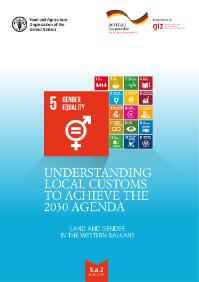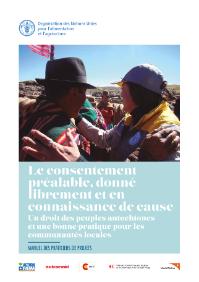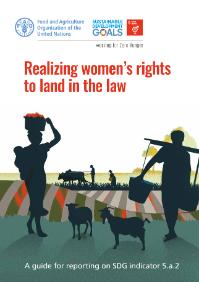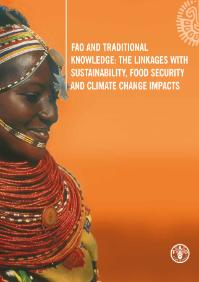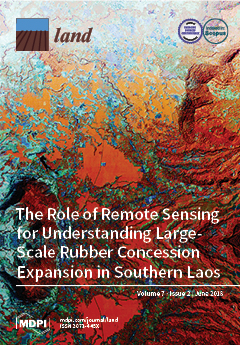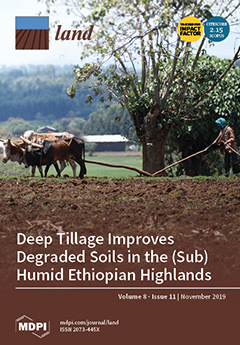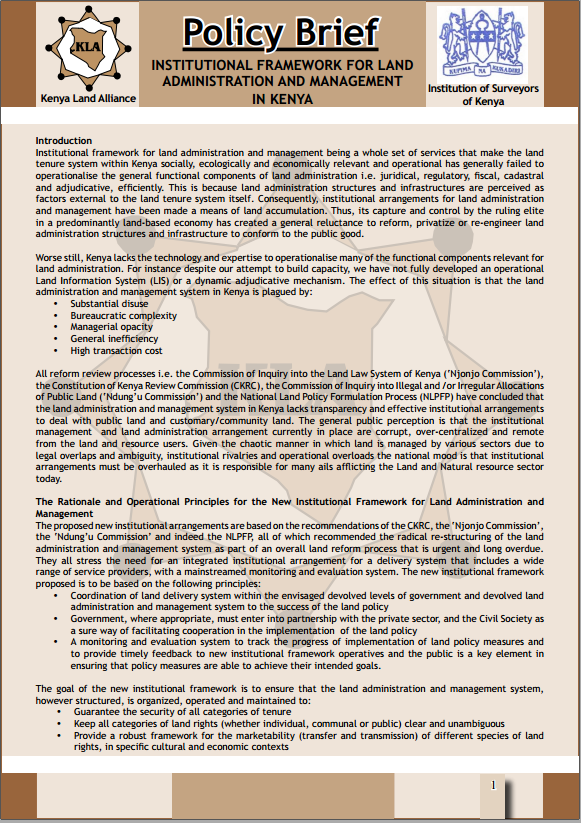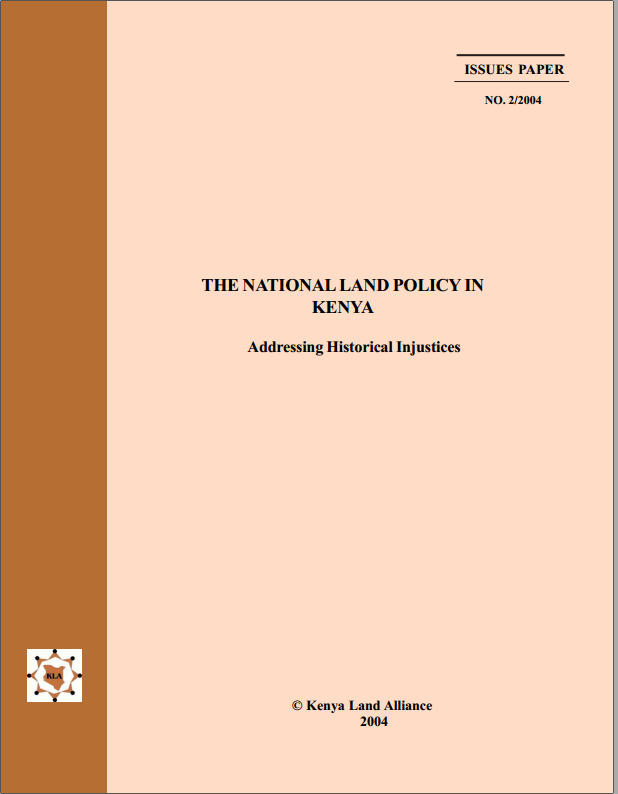Understanding local customs to achieve the 2030 Agenda
FAO and the Deutsche Gesellschaft für Internationale Zusammenarbeit (GIZ) GmbH have been providing support to the Western Balkans region to promote progress on Gender Equality, with a focus on measuring the proportion of countries where the legal framework guarantees women’s equal rights to land ownership and/or control.

